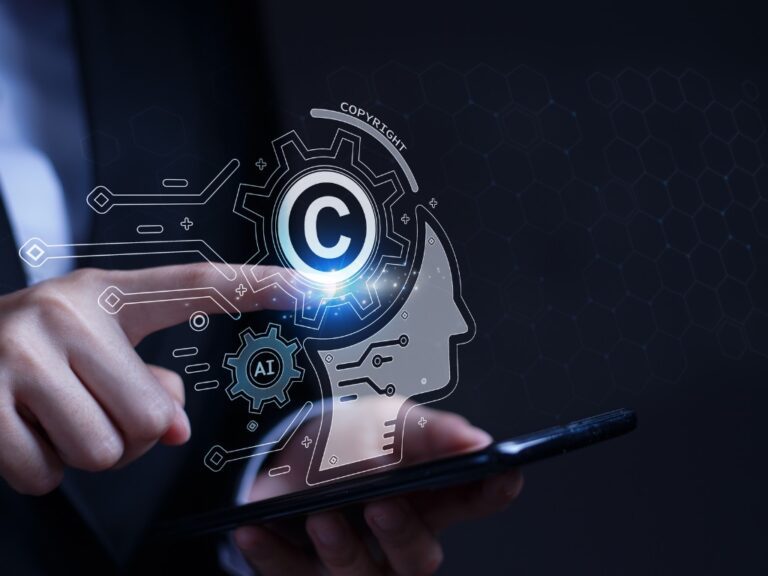AI Technology Licensing Brings New IP Risks
September 26, 2025

Gabriel S. Saade of DarrowEverett writes that AI technology licensing brings new intellectual property risks beyond those found in traditional software licensing. Ownership of AI-generated outputs, use of training data, liability, and confidentiality all require careful consideration to prevent costly disputes. For companies looking to leverage AI while protecting IP, contracts have become a critical line of defense.
AI models adapt and improve with continued use, often producing fine-tuned versions shaped by proprietary data. In the absence of clear ownership terms, however, vendors may seek to reuse these enhancements or assert rights over the refinements. Real-world examples, such as Amazon Web Services’ approach to service improvements, illustrate the importance of defining ownership boundaries to safeguard IP assets and prevent disputes.
Joint development and model training introduce another layer of risk. Collaborations involving shared data or engineering resources can lead to unclear ownership and unintended leverage for competitors. To mitigate this, agreements should establish ownership structures upfront, apply field-of-use restrictions, and enforce data-use firewalls.
Training data and output rights also demand careful attention. Without safeguards, proprietary datasets may be used to fuel a vendor’s broader AI models or persist beyond the contract term. Zoom’s reversal of a policy allowing customer data for training highlights the reputational and operational risks of unclear terms. Strong contractual language on retention, deletion, and data-use restrictions is essential.
Equally important are provisions around indemnity, confidentiality, and data security. From Getty Images’ lawsuit against Stability AI to Samsung’s accidental data leak, recent cases show how businesses face exposure if vendors mishandle training data or outputs. Indemnity clauses, data localization requirements, encryption standards, and audit rights should all be central to agreements.
As AI technology licensing brings new IP risks, it will also converge with environmental, social, and governance regulations and AI frameworks. Models trained in one location will create obligations in another. Companies must update templates and align contracts with compliance obligations to prepare for this jurisdictional complexity.
Critical intelligence for general counsel
Stay on top of the latest news, solutions and best practices by reading Daily Updates from Today's General Counsel.
Daily Updates
Sign up for our free daily newsletter for the latest news and business legal developments.



